Equalization: Fairness For All Provinces
Issue
When it was started in 1957, the equalization program had a noble intention: to ensure that all Canadians have access to a similar level of services from their provincial government, regardless of whether they live in richer or poorer provinces. Equalization was seen as a way to unite the country.
Unfortunately, that is not how it turned out. The program is unfair and inefficient, both for citizens of richer provinces that do not receive equalization payments like Alberta and Saskatchewan—whose economies are hurting because of the downturn in the oil sector—and for citizens of provinces that have been on the receiving end for decades (Manitoba, Quebec, Nova Scotia, New Brunswick and PEI), because it keeps these provinces in a state of dependency and underdevelopment.
Equalization payments encourage recipient provinces to maintain large public sectors, keep taxes high, and intervene more in their economies, which drives out investment and lowers employment and productivity. They don’t have the correct incentives to make their economies more competitive and develop their natural resources, because more private sector growth will lead to smaller equalization payments. It’s a poverty trap.
Facts
Equalization payments were first introduced in 1957. The 1982 Constitution Act includes a vaguely worded commitment to “the principle” of equalization, the goal being to ensure that provinces “have sufficient revenues to provide reasonably comparable levels of public services at reasonably comparable levels of taxation.”
In 2020-21, the equalization program will transfer nearly $21 billion. Quebec will receive $13 billion, Manitoba $2.7 billion, New Brunswick and Nova Scotia $2.3 billion each, and Prince Edward Island $484 million. The governments of British Columbia, Alberta, Saskatchewan, Newfoundland and Labrador, and Ontario will not receive any payments. Under the current formula, the total amount of equalization payments increases steadily, in accordance with nominal GDP, even when there is a reduction in wealth disparities among the provinces.
Our plan
Provinces should not be receiving equalization payments for decades, just like individuals should not be receiving welfare cheques all their lives. It’s time to stop rewarding provincial governments for not adopting better economic policies.
The Constitution does not commit the federal government to spend $21 billion a year on equalization; does not prescribe any specific formula; and does not define what “reasonably comparable” means.
A People’s Party government will:
- Reduce the total amount of equalization payments to provinces, and make sure that only the provinces with the greatest needs benefit from it.
- Establish a parliamentary committee to review and make recommendations on a new formula that will avoid the welfare trap and provide poorer provinces with the right incentives to adopt pro-growth economic policies and reduce their dependence on federal money.
- Ensure that the new formula respects our Constitution, makes provincial governments more responsible for their policy decisions, and is fair for citizens of all provinces.
(Updated January 2023)
